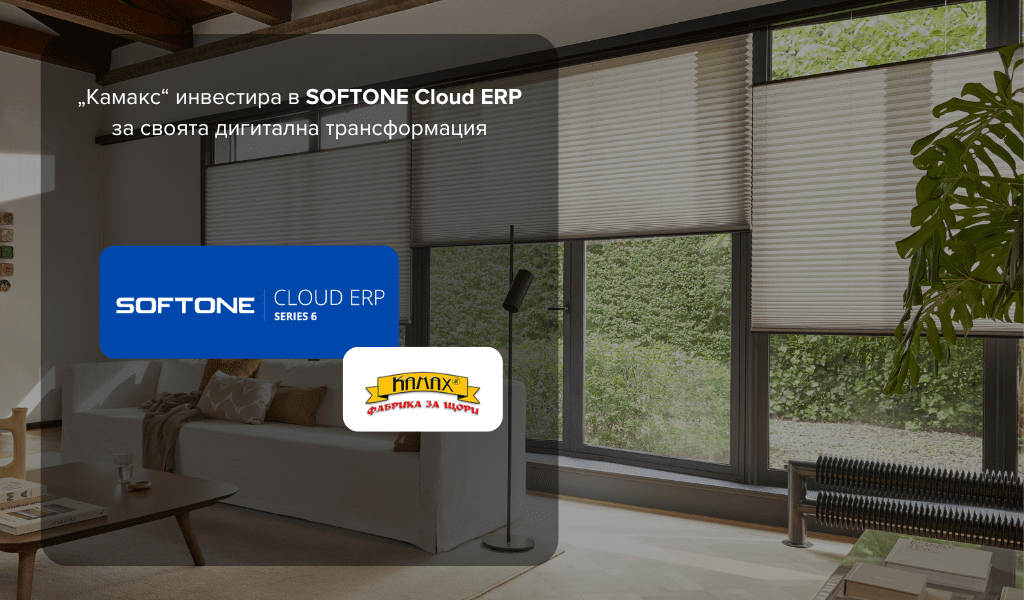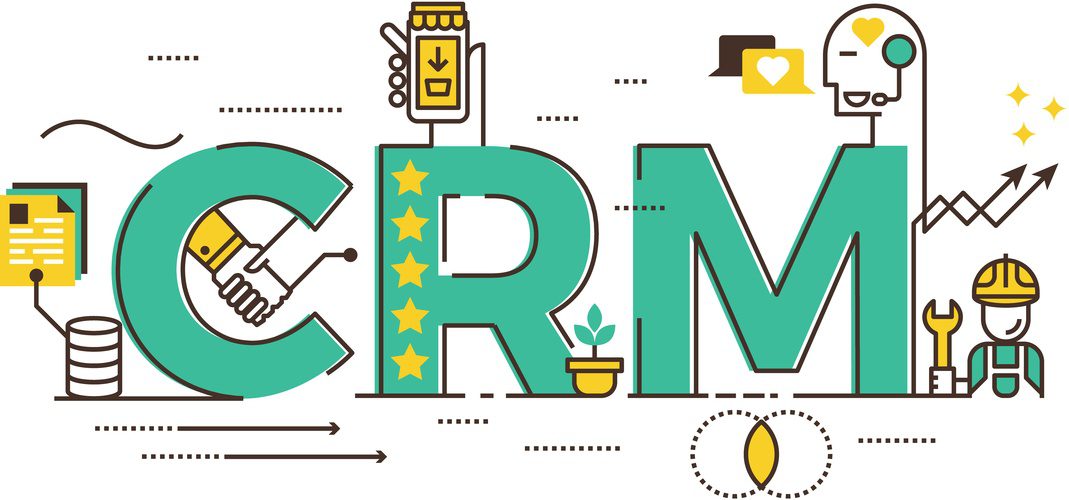Share
Read also

Business Software
Пазарът на CRM през 2025: В отговор на нарастващите изисквания на клиентите

News & Events
„Камакс“ инвестира в SΟFTONE Cloud ERP за своята дигитална трансформация

Trends & Views
Как дигиталната трансформация подпомага развитието на бизнеса

News & Events
SOFTONE разширява своята екосистема с нов стратегически партньор
Anyone who has successfully deployed an ERP system, knows that this is actually the first step towards a satisfactory ROI. Every business wants to ensure that its employees will actually use the features and processes of the solution it has invested in so as to increase productivity and the revenue coming from this investment. So, let us better examine the process that leads to a desirable ROI.
Many businesses hesitate to change their processes, believing that the introduction of a new system can create problems for the personnel and lead to unintentional disruptions. Until the new system is established, users face various issues since they have been used to working in a certain way. So as everything comes down to processes, it would be advisable to ask ERP users for their opinion. What do they think could work better? Are there any processes that get delayed with the new system? What improvements would they like to see and how can these be achieved?
Further on, executives should check the solution with the provider, so as to identify the processes that could be automated, and determine solutions for the existing issues.
Deploying an ERP system is not all about data and processes. Businesses must also use the provided intelligence to extract valuable conclusions. In this context, you should determine the following: Do you get the information you need from the available reports, or are these outdated before they are even finalized? Do you need to be at your office in order to see the reports? In such a case, it would be advisable to examine the available mobile options, so that you can evaluate how your business is working anytime, anywhere. Finally, ask your provider to inform you on the opportunities offered by big data. What kind of analytics can you get from your data and how can these help your business further develop? Search for trends and patterns that are not so obvious in your field, so as to understand how you can gain an advantage over competition.
Expense control is another important part of a business strategy and it has to be understood in-depth to ensure the already limited margins. The first step you need to take is to make sure that all data entered in the system is accurate: operation time, waiting time between tasks, product transfer, and so on. All these parameters influence the overall cost, as do labor and general expenses. Creating a reliable expense analysis model will help you immediately assess how increasing or reducing production of a specific product, or changing a price, will affect your company’s profitability. Furthermore, you must explore your options and decide how to handle your profit -what investments you should make and which could be the anticipated return on such investments.
There are many ways to achieve the desired ROI with an ERP solution, but you won’t be able to take advantage of these benefits if you don’t proceed with the investment in the first place. Firstly, you need to acquire a steady and reliable ERP platform, thus ensuring you’ll have an updated product that will follow you wherever you want to go. Make sure to stay focused on the goals initially set and it is certain that you’ll get the ROI you want. In short:
- Examine, automate, integrate and simplify your processes.
- Get data to do all the work for you; get insight.
- Understand and get control over your expenses.
After completing all the above, you are ready for the next step. Keep improving your business operations to support development and ensure the desired ROI.







